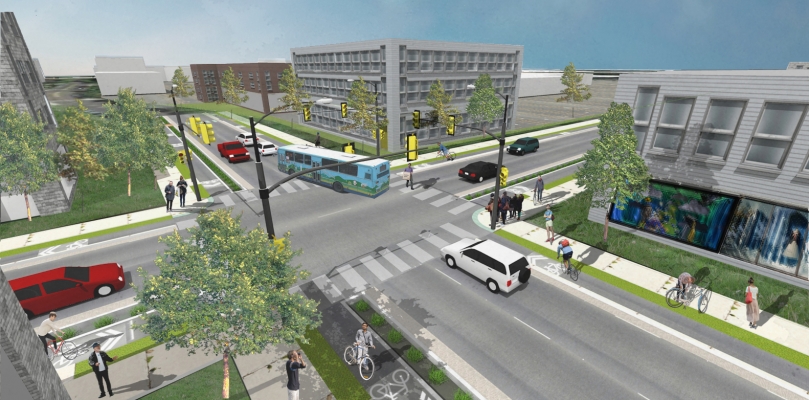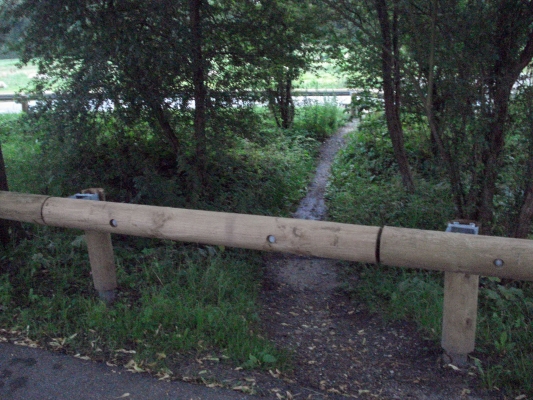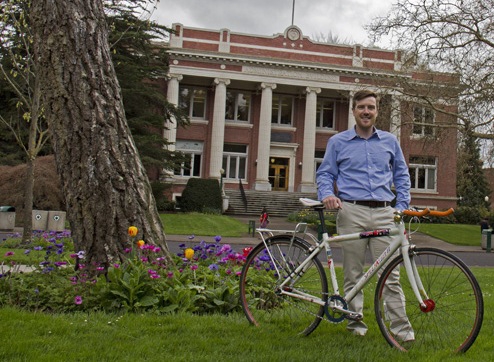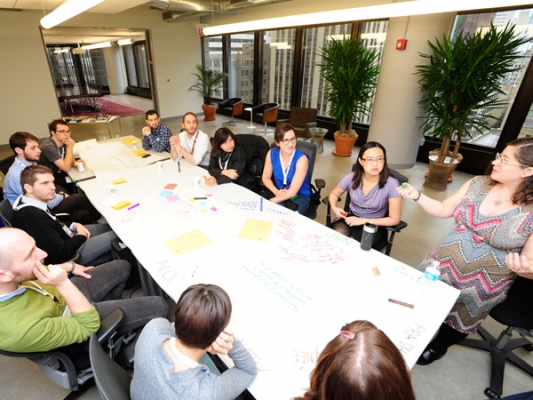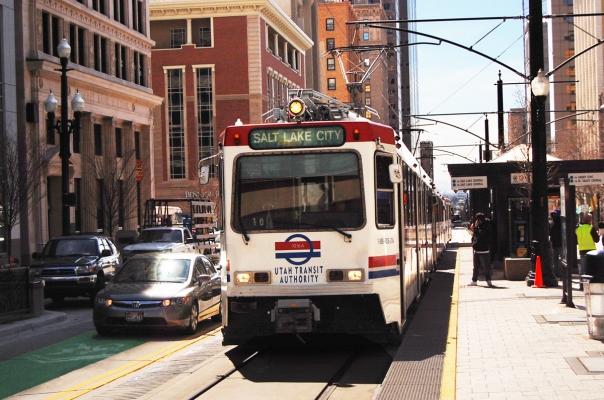“I am most looking forward to broadening my vision of transportation policy. The people that I meet in the five days of the Leadership Development Conference will shape my perspective for my lifetime… I expect to return to Oregon with a reformed sense of my role in transportation policy and politics,” Biddle said.
He is currently pursuing a joint degree between the Community & Regional Planning program and the Law School at UO. He has worked on NITC research projects under the guidance of UO professor Rebecca Lewis, co-organized the student-run Public Interest Environmental Law Conference, and s active in...
Read more

